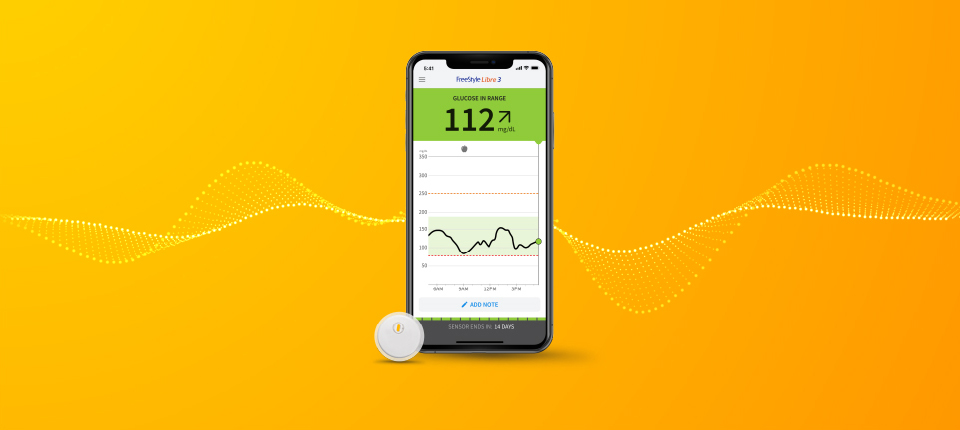Hearts are sacred.
They are a symbol of love. They are often one of the first shapes we learn to draw. They are chocolates and candies inscribed with expressions of adoration like “be mine.” They are used to describe the singular importance of a place, person or thing. They are arguably the most important muscle in the body, pumping blood and maintaining our lifeforce.
Simply put, they’re everything.
The problem is, they aren’t treated as such until it’s often too late.
What if we told you that a new study1 finds that cardiac-related health conditions have a similar prevalence across all age groups? As is turns out, prevalence of heart conditions only differs across generations by 10%, with Baby Boomers (aged 58+) reporting 23%, Gen X-ers (42 to 57) 17%, Millennials (26 to 41) 13%, and Gen Z-ers (18 to 25) 15%.
Cardiac health isn’t something to push off caring about until we reach middle age or older. Anyone, at any age, can be at risk of heart-related health conditions, and it’s never too early to prioritize your heart health.
To better understand attitudes toward and barriers to heart failure, we conducted a study of American adults and found that heart conditions have a similar prevalence across generations. Even Gen Z had higher rates of heart conditions than Millennials.
And the gap in prevalence between elder generations and younger generations wasn’t as large as some may expect – occurrence of heart conditions amongst Gen X only surpassed that of Gen Z by 2%, with 17% to 15%, respectively.
To put that in perspective, with 15% of Gen Z-ers potentially living with a cardiac condition, around 1 in 6 of them are at risk. In a group of six 20-somethings hitting the town together, one may need to get checked.
As you can tell, caring for your heart has no age requirement.
Just ask Avery Jaster, a 22-year-old equestrian and college student, who was diagnosed with Class III heart failure. She was riding her horse when she felt her “heart jump,” – the dizziness made her fall to the ground, prompting her to see a cardiologist.






FOLLOW ABBOTT